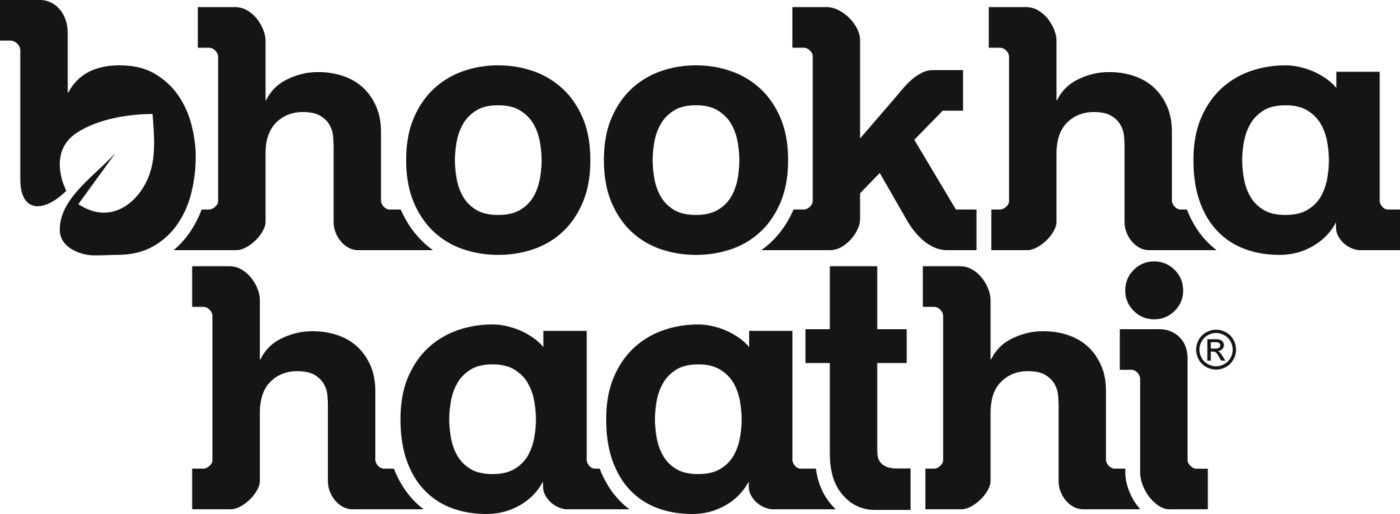
Vitamin E is a fat-soluble vitamin that is one of the most important vitamins that we require on our body. It works as a powerful antioxidant, maintains cell integrity and occurs naturally in 8 chemical forms, but only one of its forms, alpha-tocopherol, is needed by our body. The deficiency of Vitamin E is a very rare occurrence but can still happen to anyone. Vitamin E is present in Nuts, seeds, and fresh vegetables.
The symptoms of the deficiency of Vitamin E are difficulty in walking, muscle pain, weakness, and visual disturbances. This deficiency happens mostly to those who are suffering from some pre-existing health conditions. Changes in diet and keeping a track record of vitamin intake are very important because too much vitamin E in the body can have many health risks which include bleeding.
Importance of Vitamin E
Vitamin E is rich in antioxidants and helps in the repairing of the damaged cells, it also helps in fighting cancer cells, helps in curing heart diseases, is a good immunity booster, and also helps in protecting your eyesight. A substance called prostaglandins is produced by Vitamin E, which helps in regulating body processes such as blood pressure and muscle contraction.
The importance of vitamins is well known to everyone, but the main question is what is the optimum intake for maintaining proper health? Given below, is a table that contains recommended daily values for different age groups.
| Age | Recommended Dietary Allowance (RDA) / Day |
| 0 – 6 Months | 4 mg (6 IU) |
| 6 Months – 1 Year | 5 mg (7.5 IU) |
| 1 – 3 Year | 6 mg (9 IU) |
| 4 – 8 Years | 7 mg (10.4 IU) |
| 9 – 13 Years | 11 mg (16.4 IU) |
| 14 and above | 15 mg (22.4 IU) |
Sources of Vitamin E
As mentioned in the paragraphs above, Vitamin E occurs naturally in 8 different forms which include 4 tocopherols and 4 tocotrienols. Out of these 8 alphas- tocopherols is the only one which is important for the health of human beings and is suitable for consumption. Dietary sources of vitamin E include almonds, peanuts, hazelnuts, sunflower oil, wheat germ, corn, and soybean oil. Apart from nuts, green vegetables are also a great source of vitamin E, vegetables such as spinach and broccoli are also vitamin E rich and are suitable for your health. Fruits such as mango, raspberry, kiwi, and cranberry and meat products like tuna and sardines are also vitamin E rich.
Vitamin E Deficiency Diseases
There are very rare chances of suffering from vitamin E deficiency. But still, it is very crucial to know the problems that one could face due to the deficiency of vitamin E in their diet and their body. There is a disease in which the body stops absorbing dietary fats and thus, does not absorb vitamin E. The signs of Vitamin E deficiency include symptoms like anemia, skeletal myopathy, retinopathy, immune system imbalance, and nerve damage. The diseases that could be caused by Vitamin E deficiency are given below in detail.
Dysarthria: It is a speech disorder that is caused due to a neural injury making it very difficult to pronounce words.
Myopathy: It is a type of muscular problem, where the patient suffers from cramps, spasms, and stiffness and the muscle fibers do not function properly.
Retinopathy: It is a vision condition where the patient cannot see properly and faces blurred and impaired vision, the reason for it is the abnormal flow of blood to the veins.
Haemolytic Anaemia: People suffering from anemia sometimes suffer from this condition, where the patient’s body has a lower amount of red blood cells in the body and the red blood cells are destroyed at a faster rate than their formation.
Vitamin E is very important for our body if taken in a controlled quantity, too much of it could cause serious illness issues and bodily problems. So, it is important to know the amount of Vitamin that our body needs, consulting a doctor for this matter may be beneficial. To overcome the deficiency of vitamins, it is important to know that our food habits should be healthy and we should consume fresh fruits, vegetables, and nuts.
If your healthcare professional suspects that you might be deficient in Vitamin E, you would be advised to go for a blood test to confirm the levels of Vitamin E in your body so that proper supplementation or nutritional plan can be advised accordingly. Bhookha Haathi has collaborated with Thyrocare and offers you all such tests and more for the best prices in the market. Moreover, Bhookha Haathi provides customized subscription plans to suit your nutritional requirements that your daily diet might be lacking in to help you lead a healthier life. Find out more on our website!
Written By: Swapnil Bisht
Swapnil believes words are souveniers. Grumpy when woken from a slumber. Can be found quoting Bob Dylan or feeding dogs.


